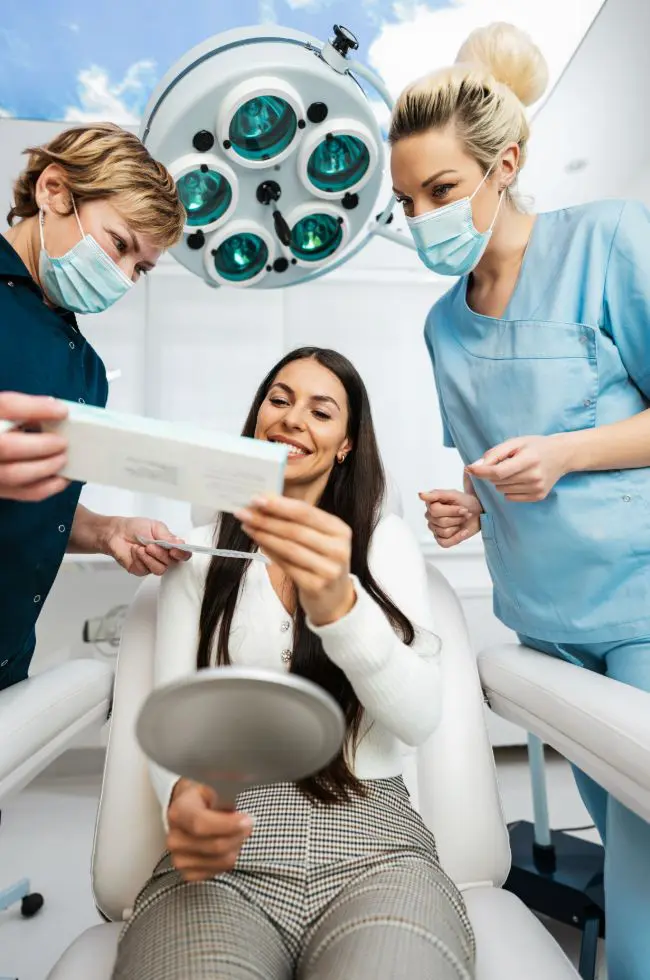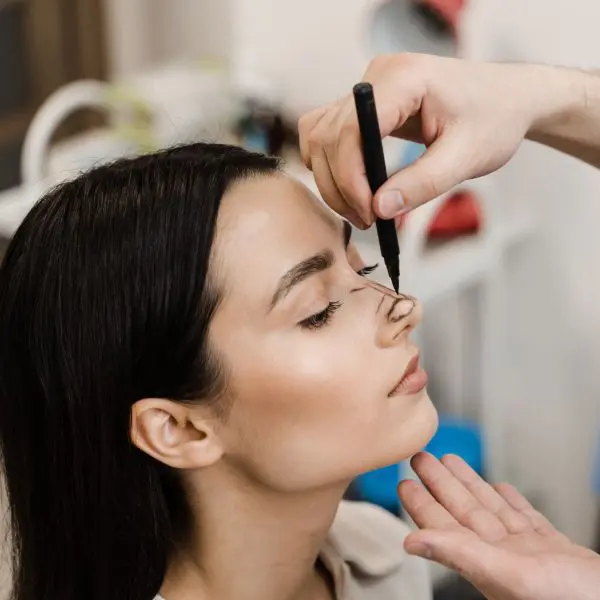
Uncategorised
Why a Career in Aesthetics Can Be a Rewarding Path for Healthcare Professionals
Aesthetic medicine is an exciting and rapidly growing sector which offers healthcare professionals new and dynamic career opportunities.
The UK aesthetics market is currently estimated to be worth £3.6 billion with new and evolving techniques and technologies coming to market all the time.
For medical professionals such as doctors, nurses and dentists, a career in aesthetics can offer a supplementary income to NHS work. For many, it becomes a full-time passion allowing them to set up their own businesses and develop their career.
A career in medical aesthetics can be hugely rewarding, and many practitioners find they can create a better work/life balance while running a lucrative business.

Injectables training courses
With non-surgical treatments such as botulinum toxin and dermal filler injections accounting for nine out of 10 procedures, training in these procedures is key for those transiting to a career in aesthetics.
There is a wide range of training courses available for those looking to move into the field of non-surgical aesthetics, ranging from one-day courses to diplomas. Sadly, in an unregulated market, not all these courses adequately equip delegates with the knowledge and skills they need to provide safe and ethical treatments to patients.

What to look for in an aesthetic injectables training course:
- Is the course accredited? If so, is this nationally accredited and regulated (by OFQUAL) or CPD accredited?
- Is the training hands-on, using real patients?
- How big are the group sizes in the training?
- Who designs and delivers the training?
- Is the training recognised by insurers – enabling you to practise upon completion
- What training products will be used on the course?
- What support is provided before and after the course?
- How is the feedback from previous delegates (e.g., on Facebook or Google)?
If you are considering a career change or are looking for a new challenge, the first step is to enrol in an aesthetic training course.
Interface Aesthetics offers the following courses for those looking to undertake a career in aesthetics:
Foundation Course in Injectables
A Foundation course is the first step for any healthcare professional looking to start out in the aesthetic field. This one-day CPD-accredited course can be taken as a stand-alone course or as a pathway towards the regulated Level 7 Diploma (see below). It provides training in the key treatments that you will be expected to perform as an independent practitioner. All Interface Aesthetics courses are delivered by doctors working in aesthetics. Our Foundation Course will introduce a competency-based approach to learning in medical aesthetics to ensure you feel confident to continue your training and practice after successfully completing this stage.
The Level 7 Diploma in Injectables in Aesthetic Medicine
This OFQUAL-regulated and accredited post-graduate level qualification in injectables was the first of its kind. It is one of a small number of nationally regulated qualifications, with training and assessment adherent to externally set standards and a process which is externally moderated. In a poorly regulated sector, the Level 7 Diploma is rapidly becoming the new Gold Standard in non-surgical aesthetics training.
